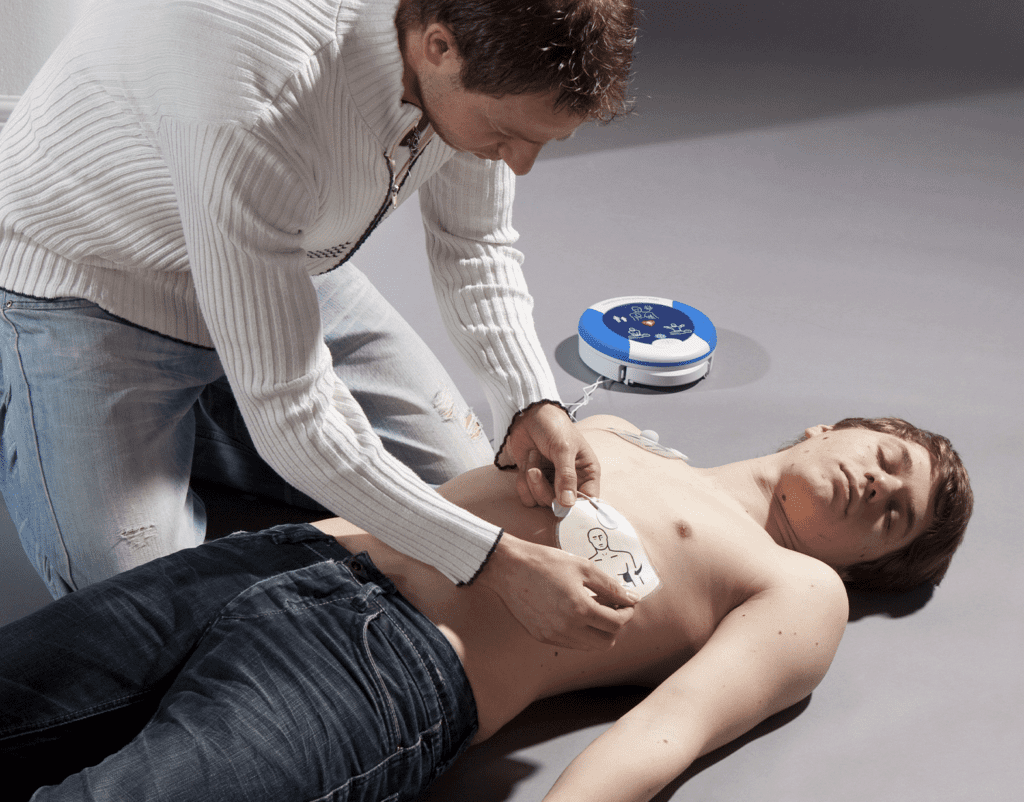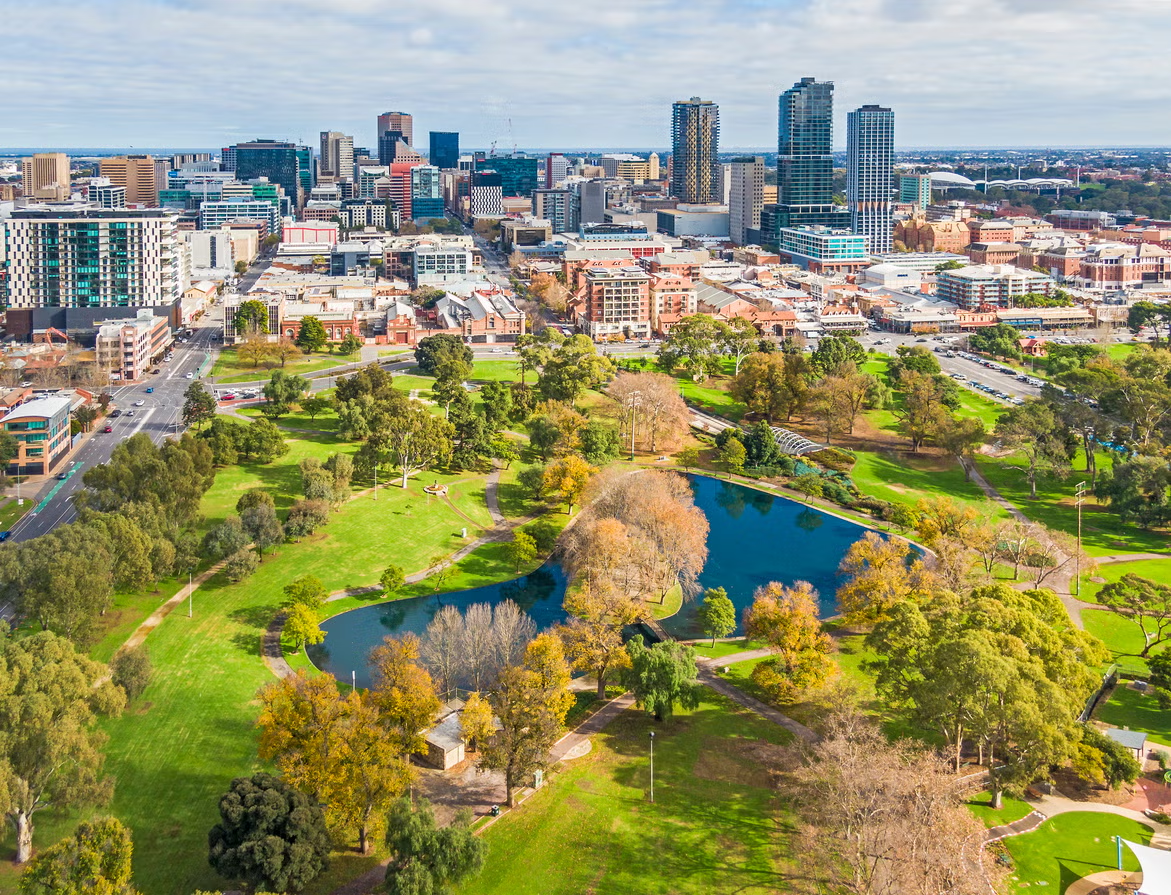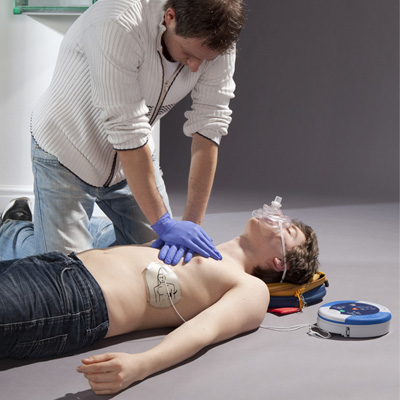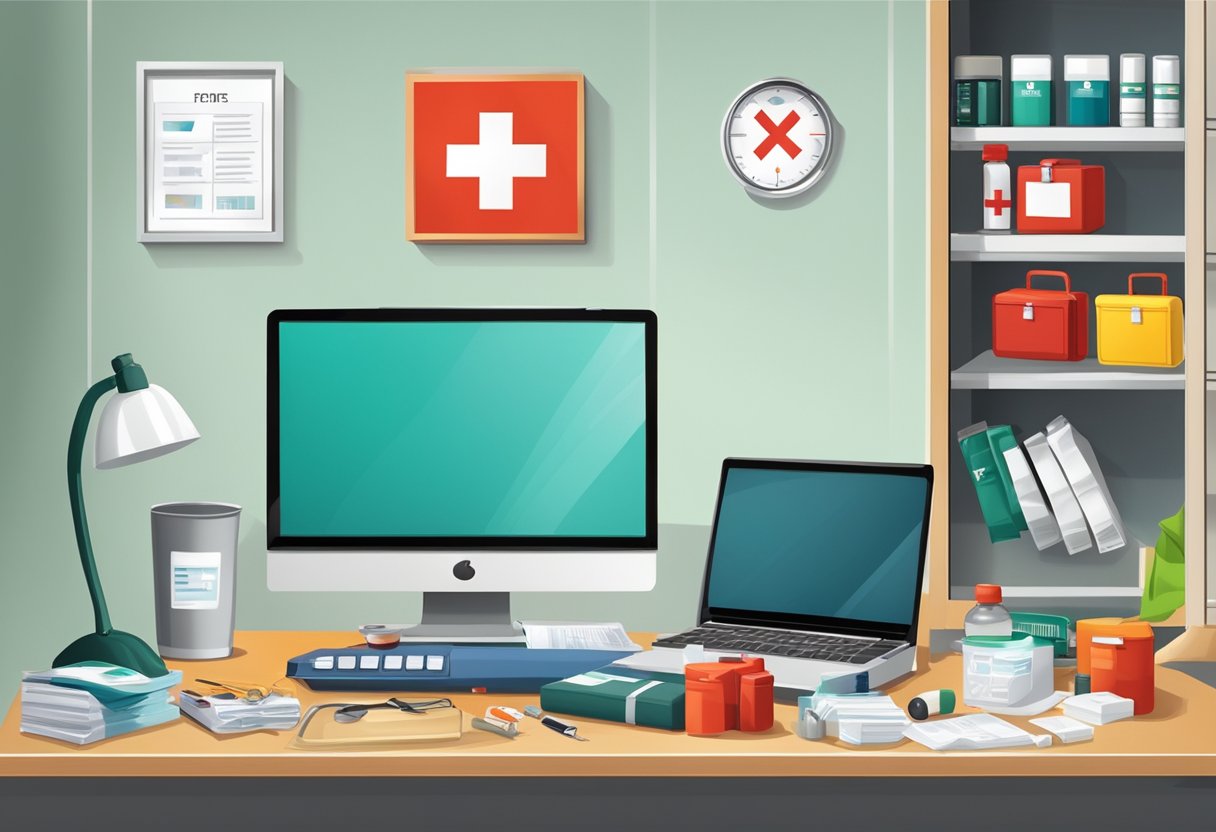
- /

Your heart is one of the most important muscles as it pumps blood all around your body. This blood is full of oxygen, which is needed by every cell in your body. A cardiac arrest occurs when the heart stops beating. This means that your brain and vital organs are starved of oxygen; you become unconscious and stop breathing or do not breathe normally. That is why it’s a medical emergency that can lead to death.
What causes a cardiac arrest?
Your heart’s electrical system controls the rate and rhythm of its pumping. A cardiac arrest is usually caused by an electrical malfunction in your heart’s electrical system that causes your heart to stop pumping. Certain heart conditions and events can lead to cardiac arrest if they cause a life-threatening arrhythmia (heart rhythm problem). Although heart disease is a common cause of many cardiac arrests, they may also be caused by trauma, respiratory (breathing) problems, drowning, electrocution or allergic reactions. Sometimes there’s no identifiable cause of a cardiac arrest.
What’s the difference between a cardiac arrest and a heart attack?
People often use these terms interchangeably, but they are not the same. A cardiac arrest is different to a heart attack. The symptoms and management are also different.
Cardiac Arrest
A cardiac arrest happens suddenly and rapidly. It often occurs with no warning. The person in cardiac arrest will:
- Collapse and fall to the ground
- Have no pulse
- Not breathe or breathe abnormally (gasp for air)
- Lose consciousness (not rousable, not aware of their surroundings and not responsive to talk or touch).
Heart Attack
A person experiencing a heart attack will usually be:
- Alert
- Breathing, and
- Complaining of chest pain or other symptoms.
If someone is having a cardiac arrest, they will not be conscious or breathing normally. They need immediate help by calling Triple Zero (000), starting CPR and using a defibrillator (AED).
What is a defibrillator (AED or Automated External Defibrillator)?
An automated external defibrillator (AED) is a portable electronic device that diagnoses life-threatening abnormal heart rhythms that can cause a cardiac arrest. An AED might be able to treat these abnormal heart rhythms by giving an electric shock to try to ‘restart’ the heart to its normal rhythm. This is known as defibrillation. An automated external defibrillator (AED) will only give a shock if it is necessary. You cannot do any harm by using an automated external defibrillator (AED) on someone who is unconscious.
Through Fresh and Clean, you and your staff and clients will benefit from one of the world’s leading defibrillators, the HeartSine Samaritan 500P. It’s easy to use, with it’s touch button technology and talks you through everything you need to know in order to urgently help a patient in need.
Why Choose Fresh and Clean Defibrillators?
Fresh and Clean portable AEDs are light weight so anyone can carry them, have simple press-button technology and step-by-step voice instructions, making it suitable for use by both professionally trained medics and staff with zero medical training. We supply the defibrillator, provide regular check ups, maintenance and full replacement if used in a life saving situation, all included in one economical monthly fee.
Our Managed Rental Services aren’t just limited to defibrillators. Fresh and Clean offer a wide range of first aid rental services, including:
- First Aid Kits – General, Food Preparation First Aid Kits, Portable First Aid Kits & Motorist First Ai Kits
- Managed Training Services – Emergency Response & First Aid Training
- Eyewash Stations
Can’t wait to get your Fresh and Clean Managed Defibrillator Service? Call 1300 077 391 and we’ll get you started or click here to complete your details and we will be in touch soon.






